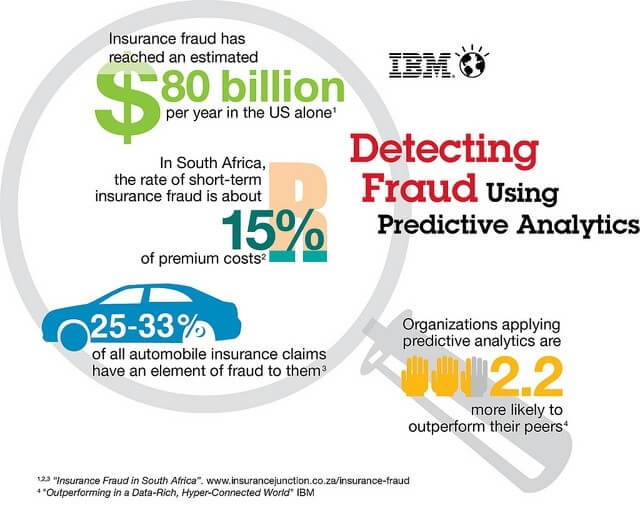The advent of rating systems and online reviews for restaurants has saved a lot of us from falling sick and not getting our money’s worth. What makes these reviews and ratings, so reliable is that they are written by normal, everyday people who like to vent out their frustrations about the quality of food and other factors online. Relying on this fact, new research has combined these reviews and the use of data analytics to predict possible health risks to restaurant customers.
 This research, titled “Where Not to Eat? Improving Public Policy by Protecting Hygiene Inspections using Online Reviews” was written by Jun Seok Kang and Polina Kuznetsova of Stony Brook University, and Michael Luca and Yejin Choi of Harvard Business School.
This research, titled “Where Not to Eat? Improving Public Policy by Protecting Hygiene Inspections using Online Reviews” was written by Jun Seok Kang and Polina Kuznetsova of Stony Brook University, and Michael Luca and Yejin Choi of Harvard Business School.
The objective of this research was to use data analytics to find a methodology in which governments and social health organizations could use customer reviews online to increase the efficiency of public inspections and thus reduce the risks of customers falling ill due to consuming bad food from restaurants. Although they have been other researches in the past which have tried to tackle this issue using data analytics courses, they were limited in the sense that they sought to study the occurrences of very specific problems like food poisoning and influenza.
This research differed from the ones done previously in the following ways
1. It took into account every single word that showed up in the restaurant reviews. They even took into account words that may only be indirectly related to hygiene but still hold relevance in terms of customer health.
2. No other research prior to this has used online reviews for the express purpose of providing information to the authorities to improve public health as a whole.
The researchers used a data set consisting of restaurant reviews from 2006 to 2013. They omitted words like “bland” or “overcooked” since their emphasis was on food safety rather than taste. Using this data set, they came up with two kinds of predictions using data analytics which were as follows:
1. Reviews based on Hygiene
They studied the average review rating and kept aside the number of negative ratings. Then, they studied the correlation between hygiene violations and estimated the no of deceptive reviews using a bimodal distribution after which these dubious reviews were removed from the data set.
2. Restaurant Metadata
They used information such as cuisine and location of the restaurant along with customer opinion to draw a conclusion. With all the combined methods, they got a prediction accuracy of over 81%, and they summarized that past performance of any restaurant is a good indicator of future performance as well.
Eventually, this research found out that people pay more attention to their food hygiene rather than the overall cleanliness of the place. Using data analytics and machine learning helped these researchers to figure out the correlation between online restaurant reviews and possible health risks for customers.
About Imarticus Learning:
We offer a comprehensive range of professional Financial Services and Analytics programs that are designed to cater to an aspiring group of professionals who want a tailored program on making them career ready.
Imarticus Learning is the only institute that incorporates a variety of delivery methodologies- classroom based, online and blended, that are managed by a fully integrated state of the art learning management and governance system.
Our unique programs also act as a sourcing platform for leading Indian and Global corporate. And we offer various customized corporate solutions designed to assist individuals and firms in meeting their human capital requirements.
Headquartered in Mumbai, Imarticus has classroom and online delivery capabilities across India. It has dedicated centers located at Mumbai, Thane, Bangalore, Chennai, Pune, Hyderabad, Gurgaon and Delhi.




Leave a Comment